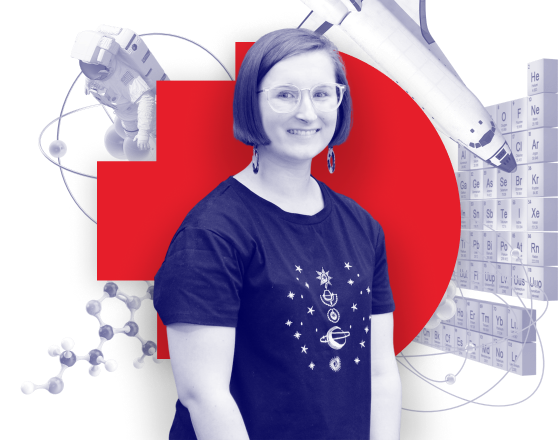Biomedical science allows you to understand how the human body functions, and the responses of the body to various diseases, exercise, diet, internal disturbances, and environmental influences.
Biotechnology allows you to learn how techniques in molecular biology and genetics are applied to diagnosing genes that cause cancer and disease, designing proteins that could, make crops and livestock less vulnerable to disease, and making food safer.
You’ll complete studies in foundational subjects such as cell biology, anatomy, physiology, microbiology, immunology, and molecular biology, and advanced subjects in systemic diseases, genomics, designer proteins and computational biology.




